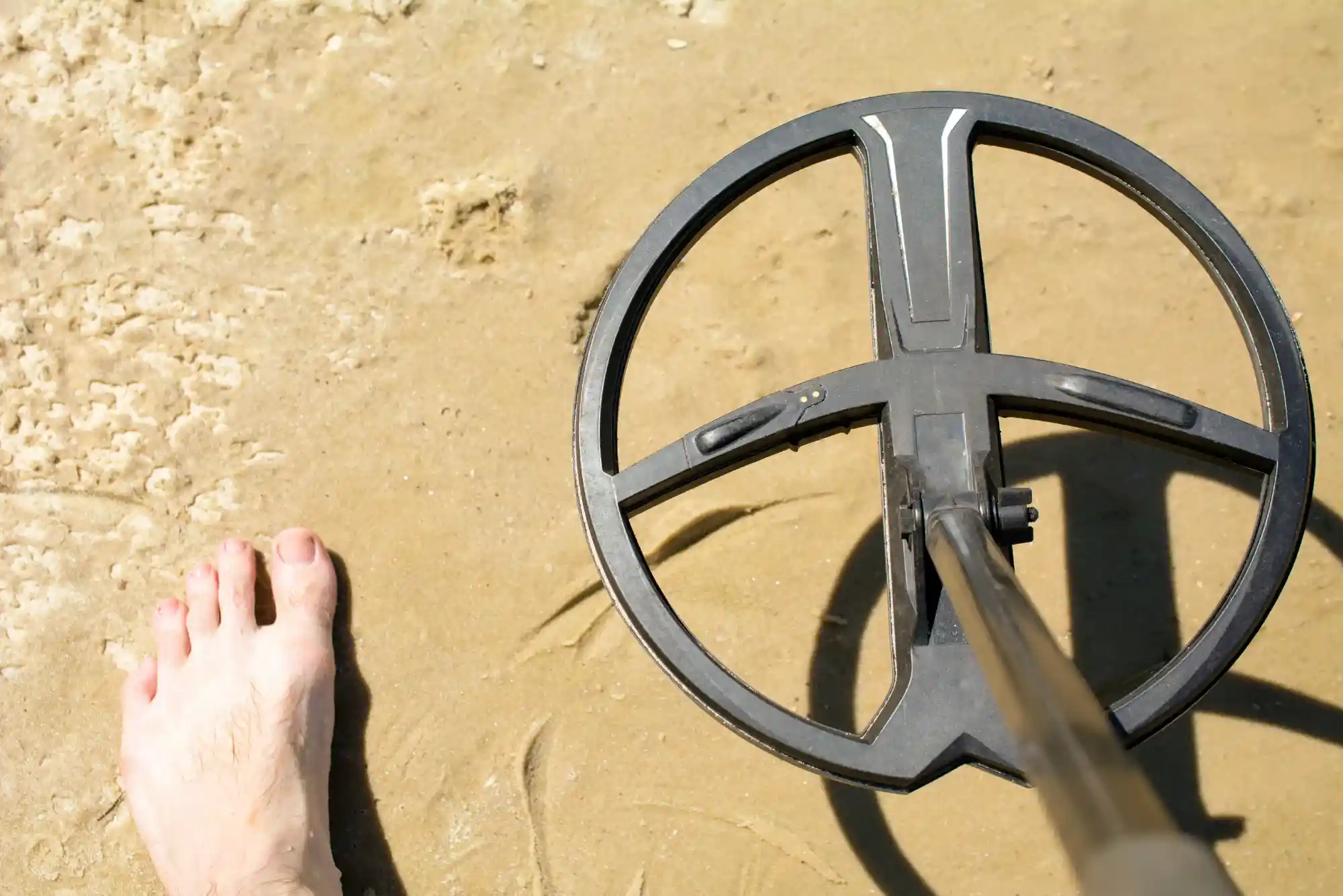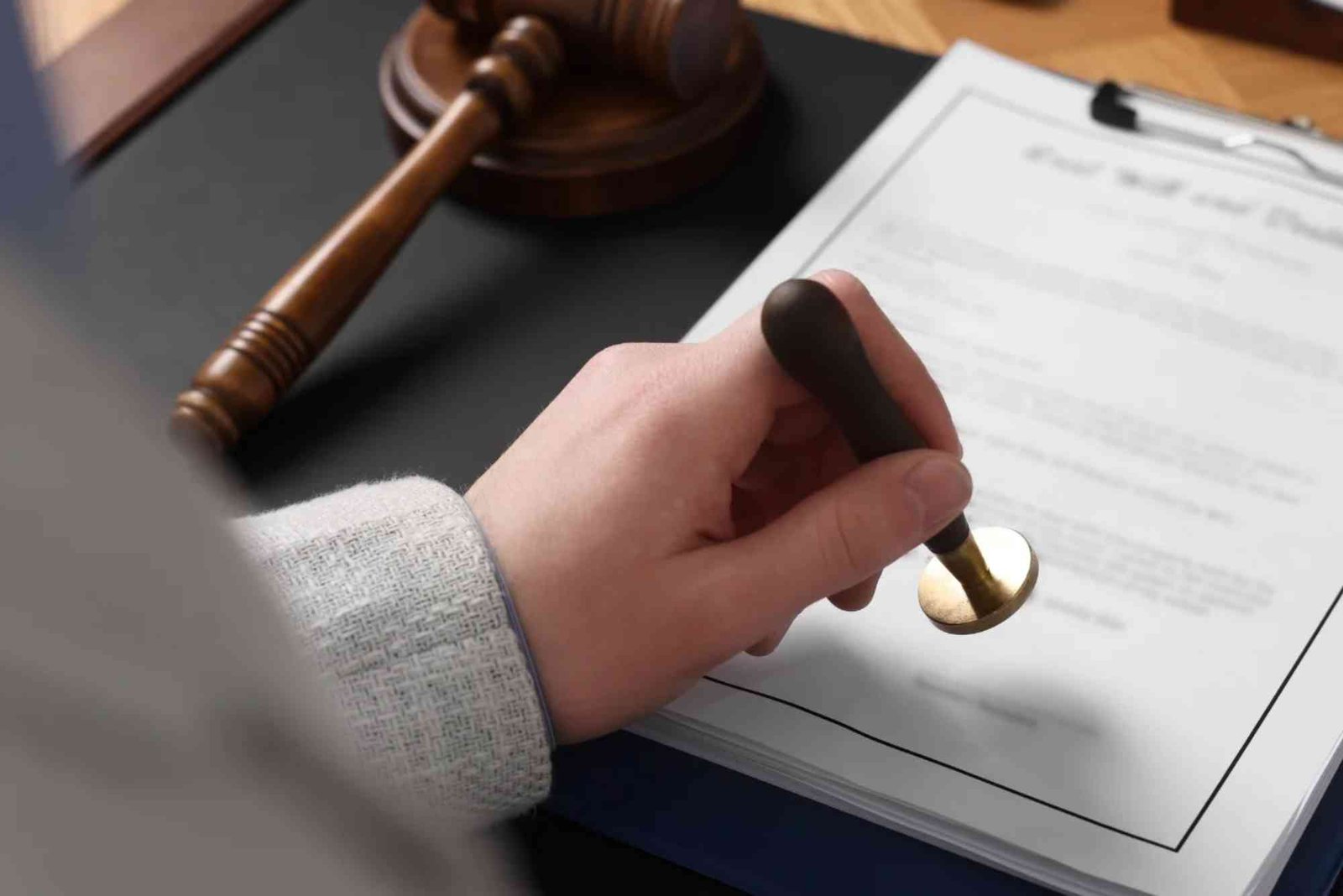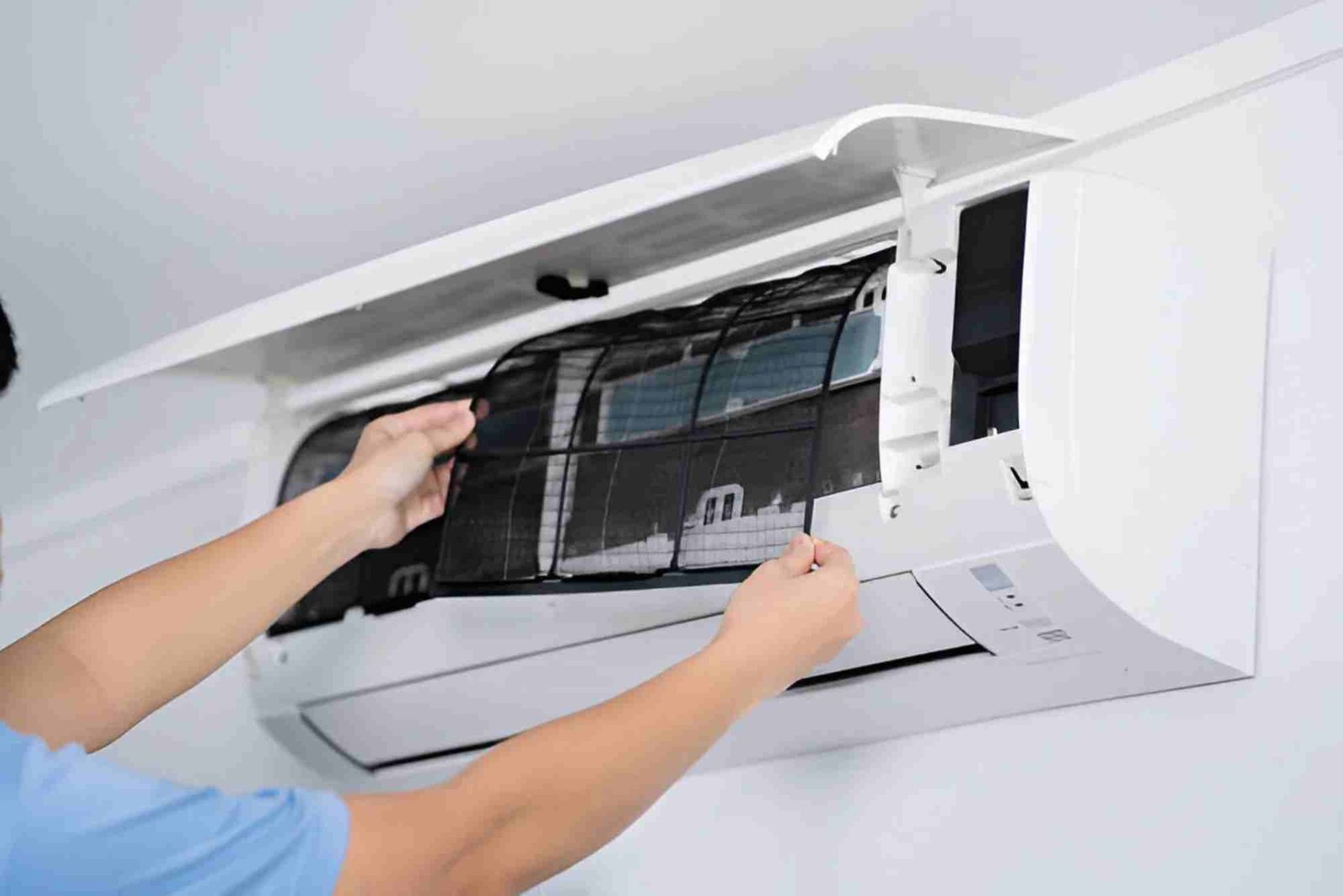Gold prospecting has captivated adventurers, hobbyists, and treasure hunters for centuries. Whether you’re exploring a historic goldfield or searching for hidden treasures in your backyard, a gold detector is your key to success. But with so many models on the market, how do you choose the right gold detector machine for your needs? This comprehensive guide will walk you through the essential factors to consider, from technology and features to budget and terrain, ensuring you make an informed decision.
Choosing the right gold detector involves understanding your goals, the environments you’ll be searching in, and the features that matter most. This article provides actionable advice, expert insights, and practical tips to help you find the perfect machine, whether you’re a beginner or an experienced prospector.
Why Invest in a Gold Detector Machine?
Gold detectors are specialized tools designed to locate gold nuggets, flakes, or jewelry buried underground or hidden in challenging environments. Unlike general-purpose metal detectors, gold detectors are fine-tuned to detect small, low-conductivity targets like gold in mineralized soils. Investing in a quality gold detector machine can:
-
Increase your chances of finding gold in tough terrains.
-
Save time by filtering out unwanted metals.
-
Enhance your prospecting experience with user-friendly features.
-
Offer durability for long-term use in rugged conditions.
With the right machine, you can turn your passion for treasure hunting into a rewarding hobby or even a profitable venture.
Key Factors to Consider When Choosing a Gold Detector
Selecting the ideal gold detector requires careful consideration of several factors. Below, we break down the most important aspects to guide your decision.
1. Type of Technology
Gold detectors typically use one of two technologies: Very Low Frequency (VLF) or Pulse Induction (PI). Each has its strengths and is suited to different prospecting scenarios.
Very Low Frequency (VLF) Detectors
VLF detectors are popular for their sensitivity to small gold nuggets and affordability. They work by transmitting and receiving electromagnetic fields to detect metal. VLF machines are ideal for:
-
Beginners or budget-conscious prospectors.
-
Areas with low soil mineralization.
-
Detecting smaller gold particles near the surface.
However, VLF detectors may struggle in highly mineralized soils, where ground noise can interfere with detection.
Pulse Induction (PI) Detectors
PI detectors are more powerful and better suited for challenging environments, such as heavily mineralized soils or saltwater beaches. They use pulses of current to detect deeper targets, making them ideal for:
-
Experienced prospectors tackling tough terrains.
-
Deep gold deposits or larger nuggets.
-
Wet or salty environments, like riverbeds or coastal areas.
PI detectors are generally more expensive but offer superior performance in difficult conditions.
2. Sensitivity and Discrimination
Sensitivity refers to a detector’s ability to pick up small gold particles, while discrimination allows the machine to distinguish gold from other metals like iron or aluminum. When choosing a gold detector machine, look for:
-
Adjustable sensitivity settings to fine-tune performance.
-
Discrimination features to filter out junk metals.
-
High-frequency VLF detectors (above 18 kHz) for better sensitivity to small gold.
Balancing sensitivity and discrimination is key to avoiding false signals while maximizing your chances of finding gold.
3. Ground Balancing Capabilities
Gold is often found in mineralized soils rich in iron or other conductive minerals, which can cause false signals. Ground balancing helps your detector adjust to these conditions, improving accuracy. There are three types of ground balancing:
-
Manual Ground Balancing: Allows you to adjust the detector to the soil’s mineralization level. Best for experienced users who want precise control.
-
Automatic Ground Balancing: The detector adjusts automatically, making it beginner-friendly but less customizable.
-
Tracking Ground Balancing: Continuously adjusts to changing soil conditions, ideal for varied terrains.
Choose a detector with ground balancing suited to your skill level and the environments you’ll explore.
4. Coil Size and Type
The search coil is a critical component of a gold detector. Coils come in various sizes and types, each suited to specific tasks.
Small Coils
-
Highly sensitive to small gold nuggets.
-
Ideal for rocky or uneven terrains.
-
Better for pinpointing targets in cluttered areas.
Large Coils
-
Cover more ground and detect deeper targets.
-
Best for open areas with fewer obstacles.
-
Less sensitive to tiny gold particles.
Coil Types
-
Concentric Coils: Offer precise target separation but may struggle in mineralized soils.
-
Double-D (DD) Coils: Perform better in mineralized ground and provide wider coverage.
Consider your prospecting environment when choosing coil size and type. Many detectors allow interchangeable coils for versatility.
5. Portability and Durability
Gold prospecting often takes you to remote or rugged locations, so your detector should be portable and built to last. Look for:
-
Lightweight designs for extended use without fatigue.
-
Weatherproof or waterproof construction for wet environments.
-
Collapsible or compact models for easy transport.
Some high-end detectors are fully submersible, making them perfect for riverbeds or shallow water prospecting.
6. Budget and Value
Gold detectors range from a few hundred to several thousand dollars. While higher-priced models often offer advanced features, there are excellent options for every budget. Consider:
-
Entry-level detectors ($200–$500): Great for beginners, with solid performance for casual prospecting.
-
Mid-range detectors ($500–$1,500): Offer advanced features like better ground balancing and sensitivity.
-
Professional-grade detectors ($1,500+): Designed for serious prospectors, with top-tier technology and durability.
Weigh the features against your budget to find a machine that offers the best value for your needs.
Top Features to Look for in a Gold Detector Machine
Modern gold detectors come with a range of features to enhance performance and usability. Here are some must-have features to consider:
-
Digital Display: Provides clear feedback on target type, depth, and settings.
-
Audio Feedback: Distinct tones for different metals, helping you identify gold without looking at the screen.
-
Wireless Headphones: Improve mobility and reduce distractions in noisy environments.
-
GPS Integration: Tracks your prospecting locations, useful for revisiting productive sites.
-
Battery Life: Look for long-lasting batteries, especially for extended trips.
These features can make your prospecting more efficient and enjoyable, so prioritize those that align with your goals.
Best Environments for Using a Gold Detector
Gold detectors perform best in specific environments. Understanding where you’ll be prospecting helps narrow down your options.
Dry, Arid Regions
Deserts and dry goldfields are prime locations for gold prospecting. VLF detectors with small coils excel here, as they can detect shallow nuggets in less mineralized soils.
Riverbeds and Streams
Waterways often hide gold deposits, but they require waterproof or submersible detectors. PI detectors are ideal for wet environments with high mineralization.
Rocky or Mountainous Terrains
Rugged terrains call for compact, lightweight detectors with small coils for navigating tight spaces. Tracking ground balancing is a plus for varying soil conditions.
Beaches
Coastal areas with black sand or saltwater require PI detectors to handle high mineralization. Look for waterproof models for shoreline prospecting.
Popular Gold Detector Models in 2025
While specific model recommendations depend on your needs, here are a few categories to explore based on user reviews and industry trends:
-
Best for Beginners: Entry-level VLF detectors like the Garrett AT Gold or Minelab Gold Monster 1000 offer user-friendly features and reliable performance.
-
Best for Professionals: High-end PI detectors like the Minelab GPZ 7000 or Garrett ATX provide unmatched depth and sensitivity for serious prospectors.
-
Best Value: Mid-range models like the Nokta Makro Gold Kruzer balance affordability with advanced features.
Always check the latest reviews and compare specifications to find the best fit for your goals.
Tips for Successful Gold Prospecting
Once you’ve chosen your gold detector machine, these tips can help you maximize your success:
-
Research Your Location: Study historical goldfields, local regulations, and geological data to find promising sites.
-
Practice with Your Detector: Spend time learning your machine’s signals and settings in a controlled environment.
-
Use Proper Techniques: Swing the coil low and slow, overlapping your sweeps for thorough coverage.
-
Dig Carefully: Use a handheld pinpointer to locate targets precisely and avoid damaging delicate finds.
-
Join a Community: Connect with local prospecting clubs or online forums to share tips and learn from experienced hunters.
Common Mistakes to Avoid
Even with the best gold detector, mistakes can hinder your success. Avoid these pitfalls:
-
Ignoring Ground Balancing: Failing to adjust for soil conditions can lead to false signals.
-
Choosing the Wrong Coil: Using a large coil in rocky terrain or a small coil in open fields reduces efficiency.
-
Overlooking Maintenance: Clean and store your detector properly to ensure long-term performance.
-
Prospecting Without Permission: Always secure permits or landowner approval before detecting.
Conclusion
Choosing the right gold detector machine is a critical step toward successful prospecting. By understanding the technology, features, and environments that suit your needs, you can select a detector that maximizes your chances of finding gold. Whether you’re a beginner exploring local streams or an experienced prospector tackling remote goldfields, the right machine makes all the difference.
Take your time to research models, compare features, and consider your budget. With the insights from this guide, you’re well-equipped to find a gold detector that fits your goals and sets you on the path to uncovering hidden treasures. Happy prospecting!




